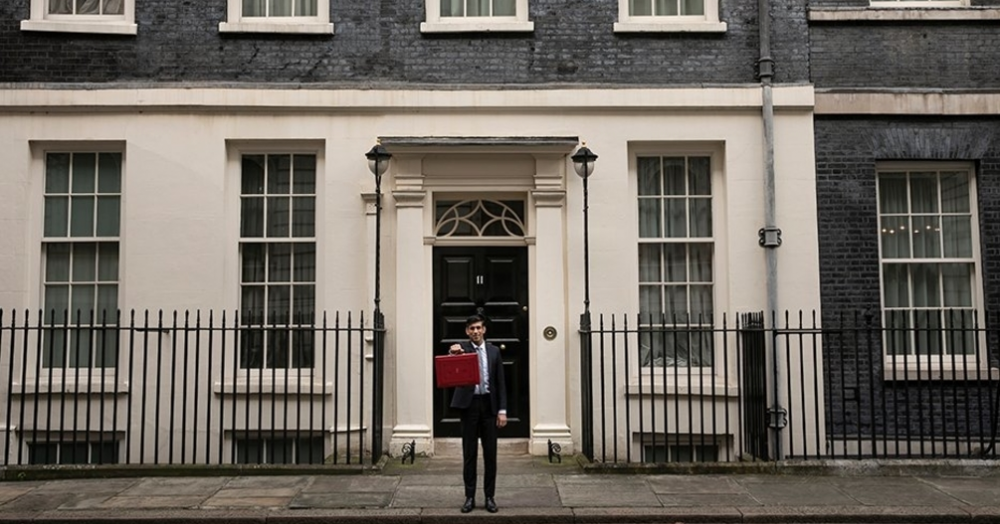
Are you ready for the new Stamp Duty rules?
With so many changes to keep up with, it’s easy to get dates mixed up. The Stamp Duty Holiday has helped many achieve the move into their dream home, but when’s the next deadline, and when does it end for good?
What is the stamp duty holiday?
Stamp duty is a tax paid on property purchases. The threshold at which it starts having to be paid was raised from £125,000 to £500,000 in July 2020. The move was aimed at helping buyers whose finances were affected by Covid and boosting a property market hit by lockdown. It has meant a saving of up to £15,000 for people buying homes.
Landlords and second-home buyers can also make use of the tax cut. But they still have to pay the extra 3% of stamp duty they were charged under the previous rules.
What changes are coming?
The tax break will change next month on 30th June 2021.
From June 30th until the end of September 2021, you won't pay any stamp duty on the first £250,000 of the purchase price.
From 1 October 2021, rates are due to return to normal, with the threshold returning to £125,000. Above £125,000, here’s what you’ll pay in stamp duty:
- £0-£125,000 = 0%
- £125,001-£250,000 = 2%
- £250,001-£925,000 = 5%
- £925,000-£1,500,000 = 10%
- £1,500,000+ = 12%
Use the government's Stamp Duty Land Tax (SDLT) calculator to find out how much you would pay.
Can I still take advantage of the holiday?
Yes! But be prepared for the changes to take place while the sale is going through due to delays with the current sales process. If you’re worried, get in touch with us for a chat about your goals.
How can I speed up my property transaction?
There are many steps to home buying. Here are some ways to speed up the process in order to complete in time to benefit from the stamp duty holiday:
· Find an estate agent with a good track record.
· Get a mortgage agreement in principle before you make an offer on a property.
· Sellers should instruct a solicitor as soon as you list while buyers should instruct a solicitor as soon as your offer is accepted.
· Get all your paperwork together e.g. sort your Energy Performance Certificate.
· Consider homebuyer protection insurance which will cover you for some of your legal, survey and mortgage costs if your sale falls through.
You can find more tips on buying or selling your home on our blog.
Get in touch for more info or for a chat about any questions you have!